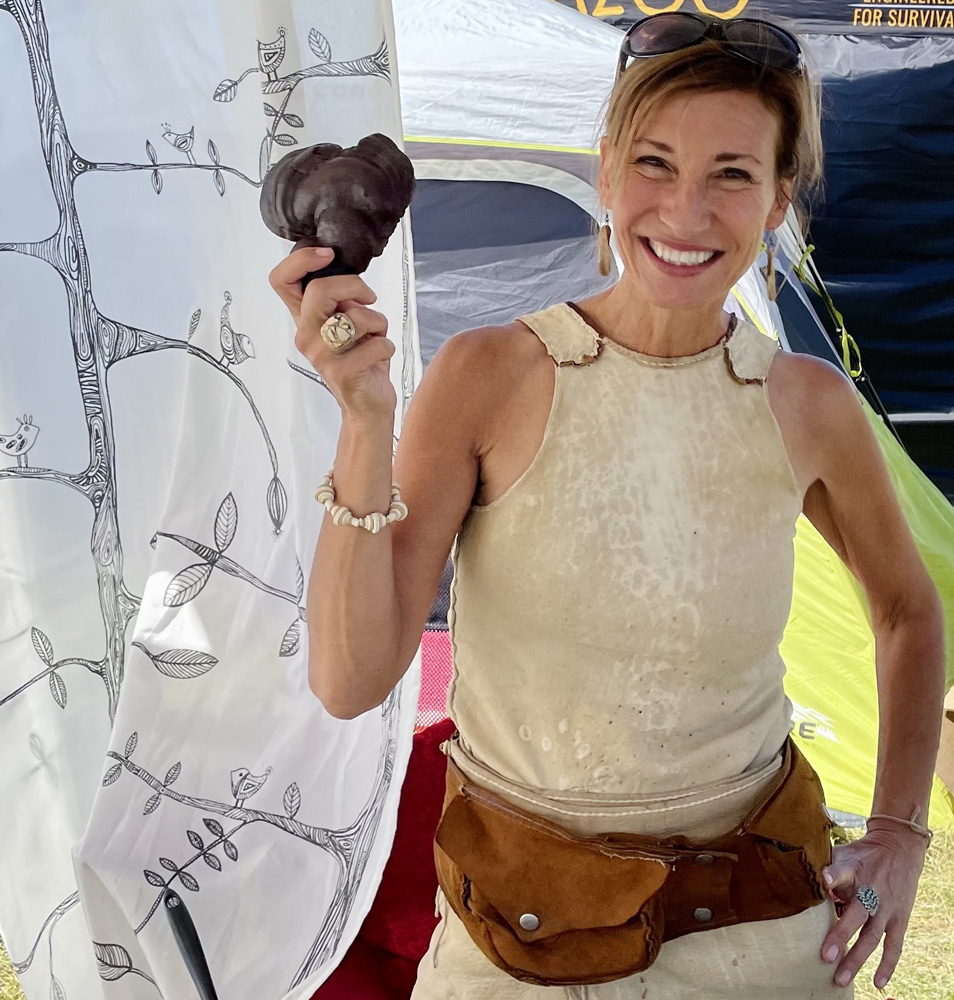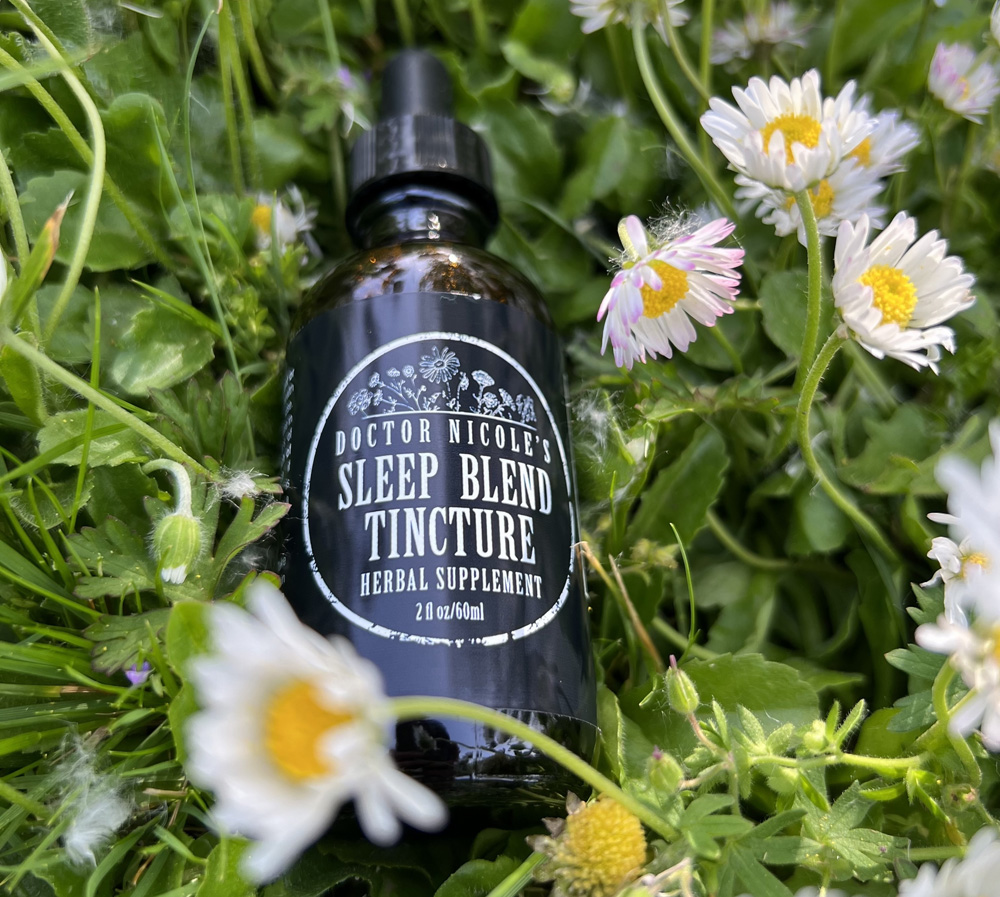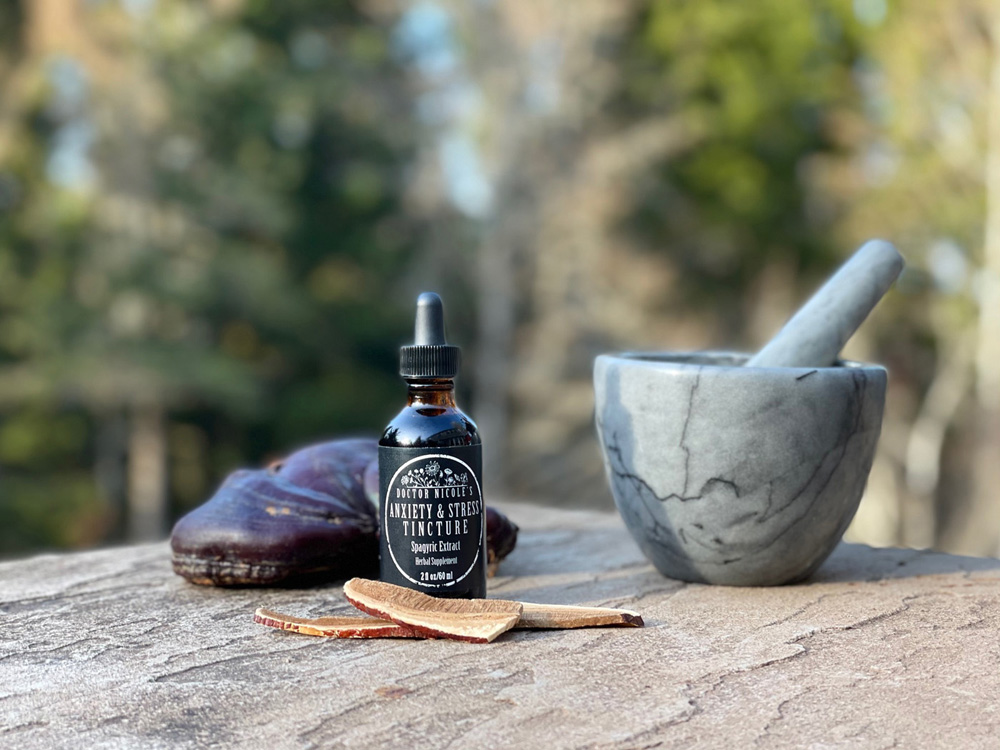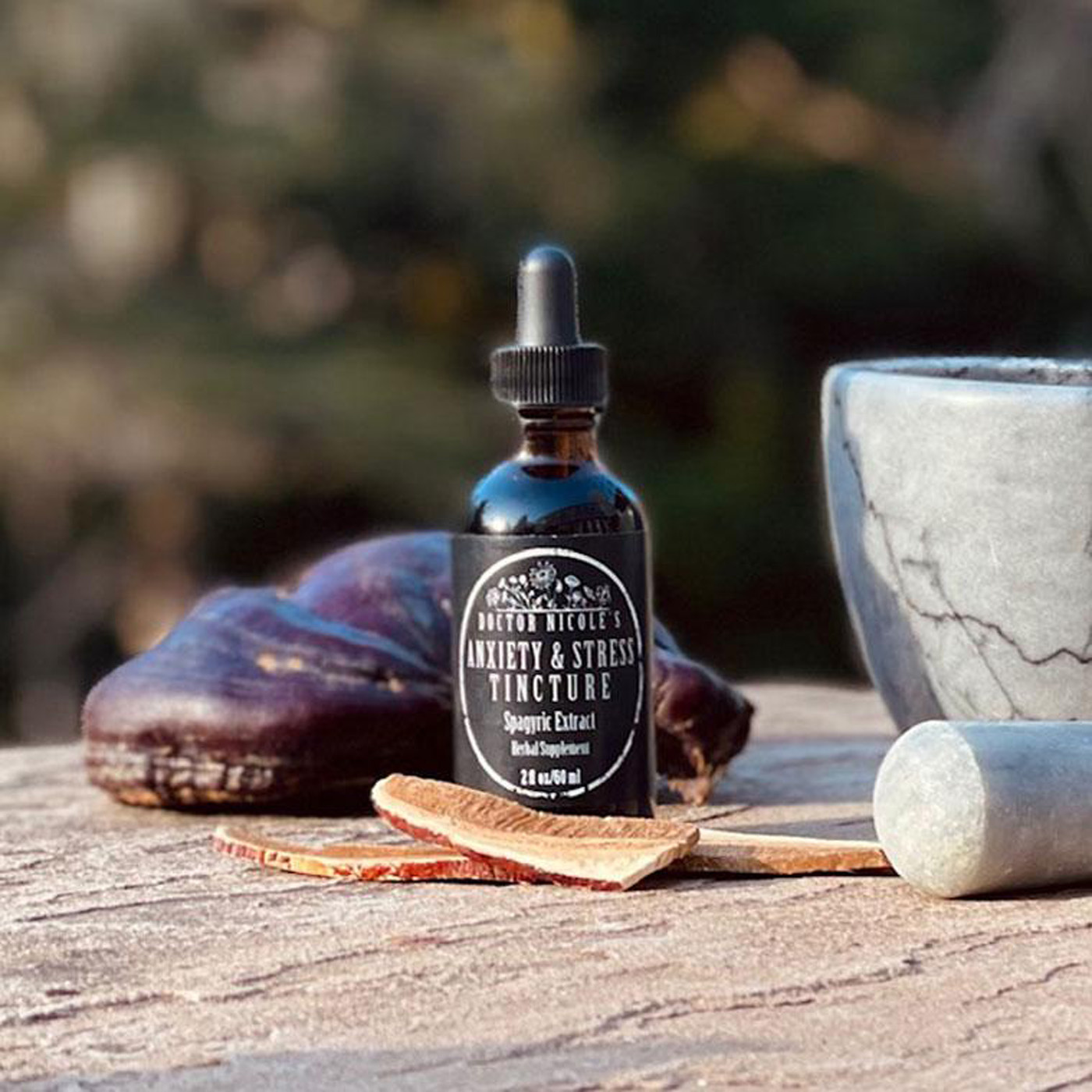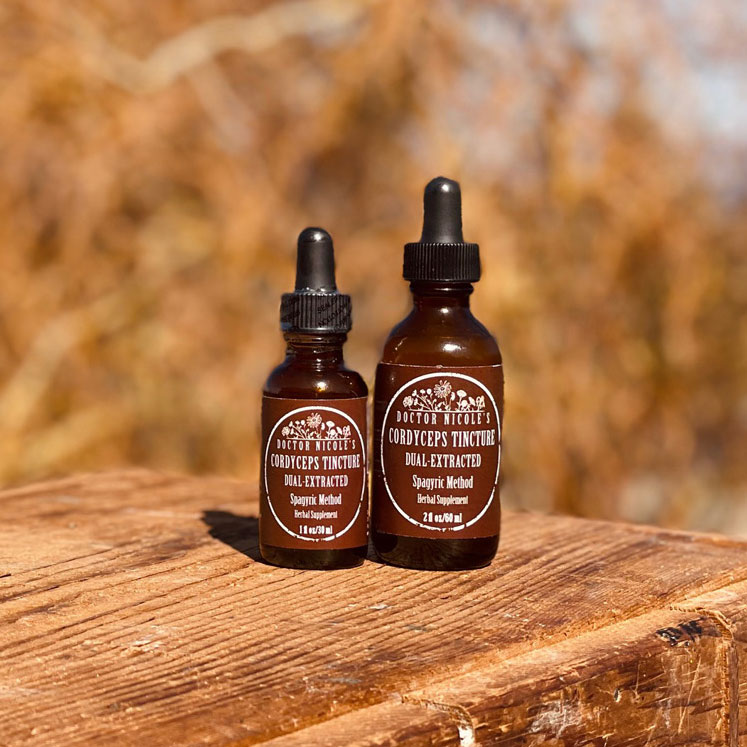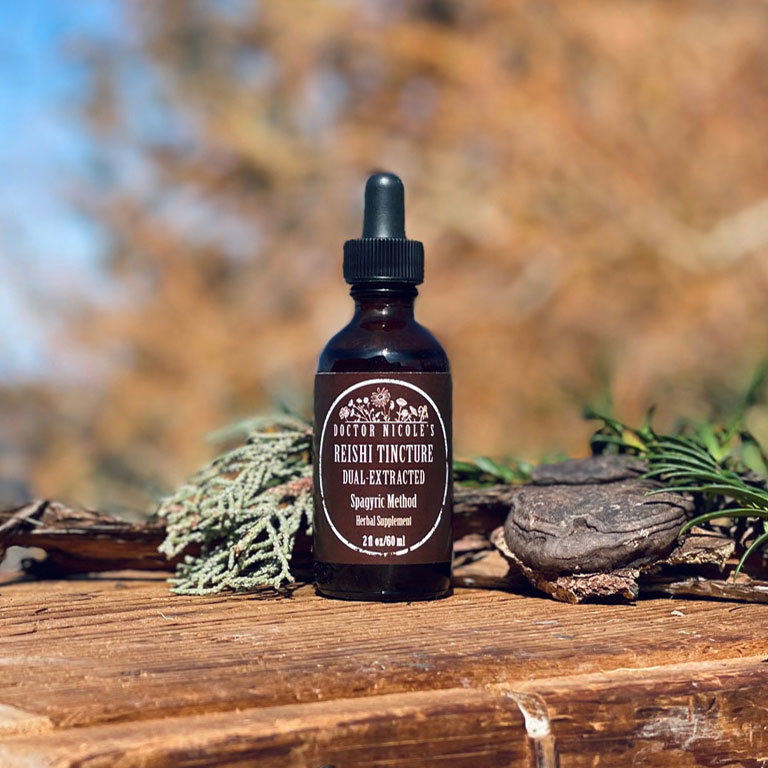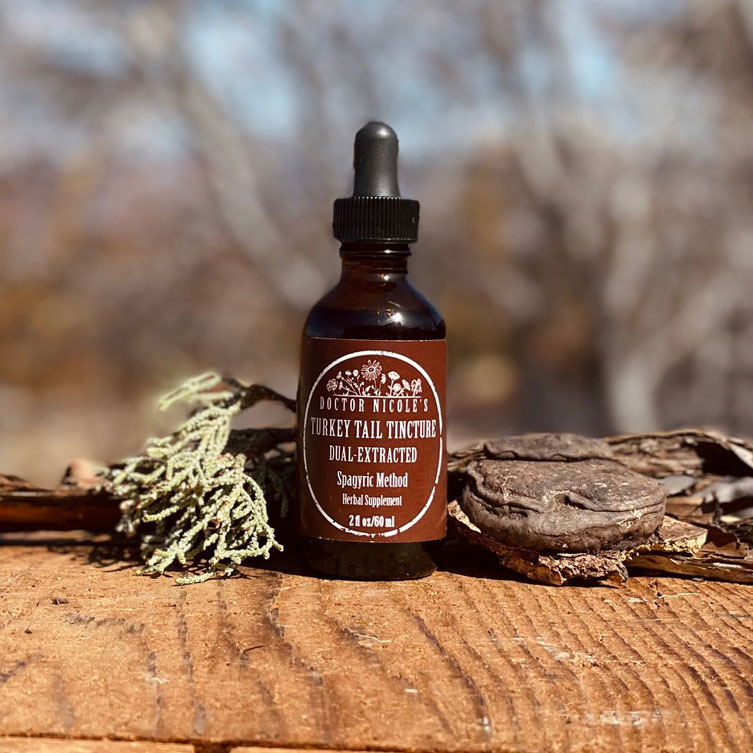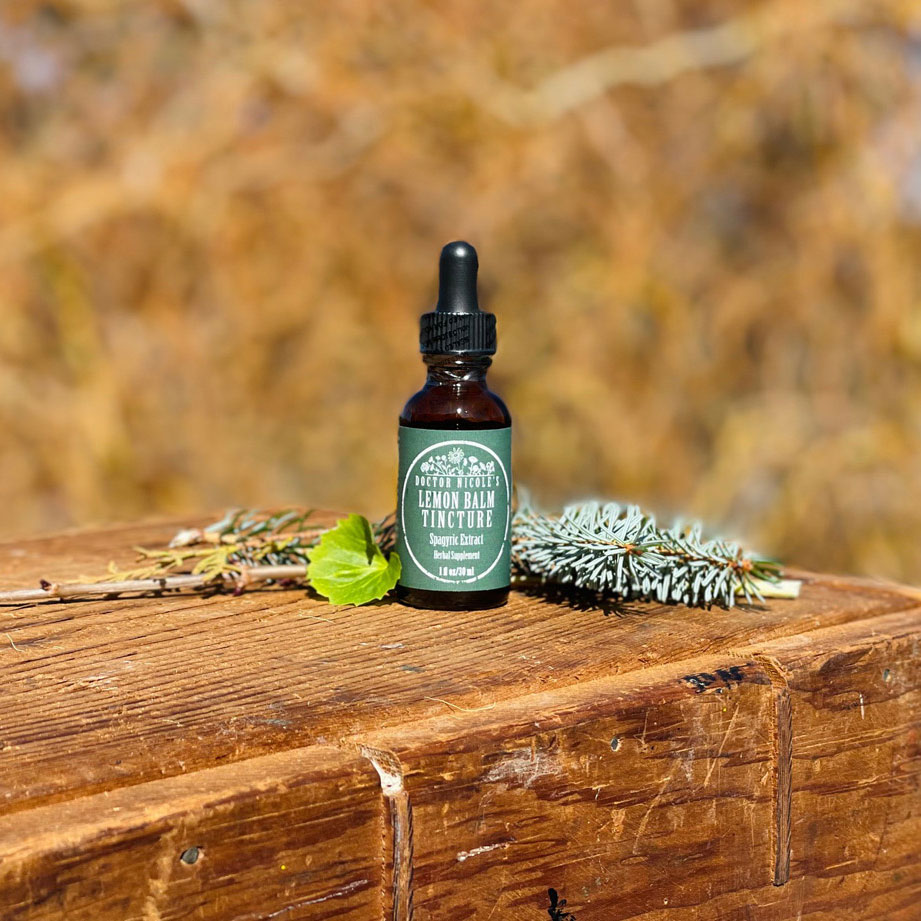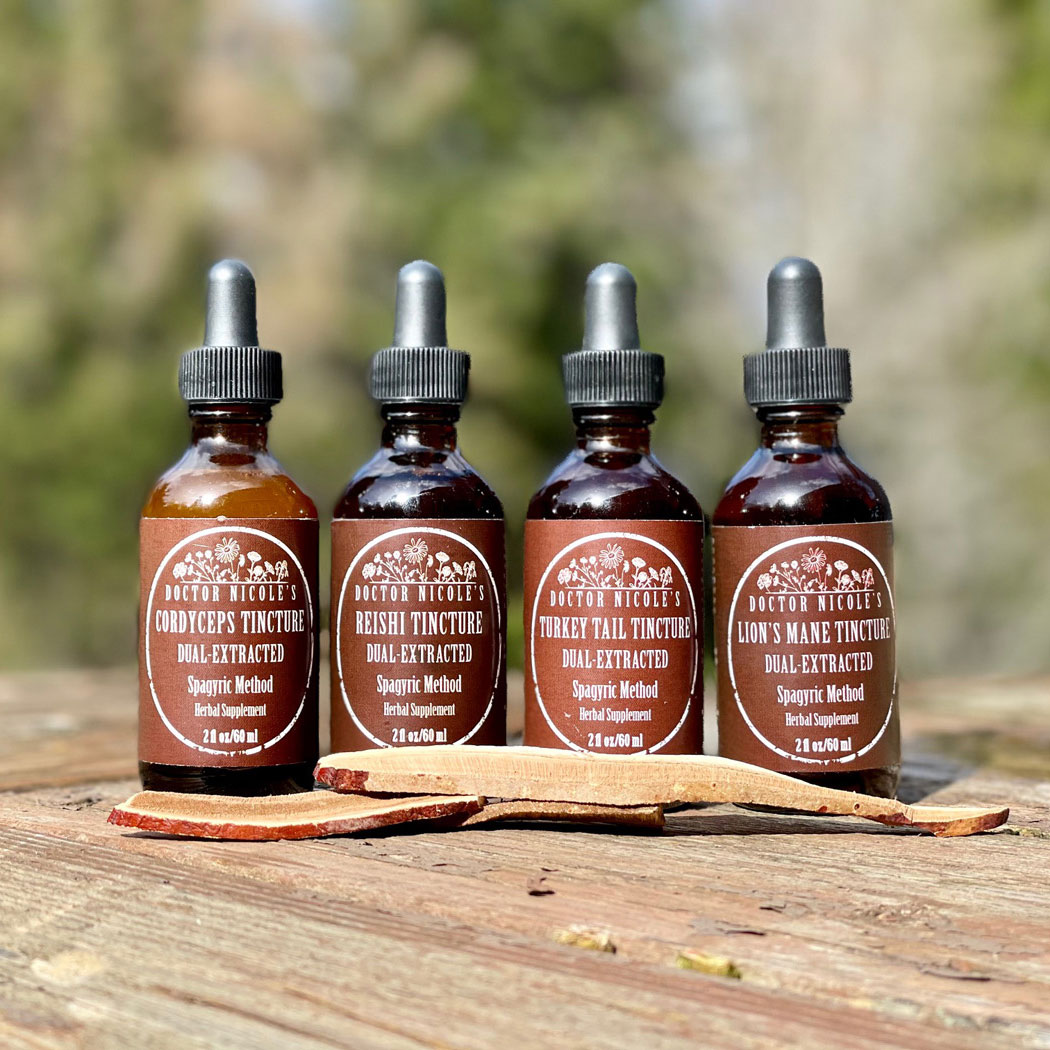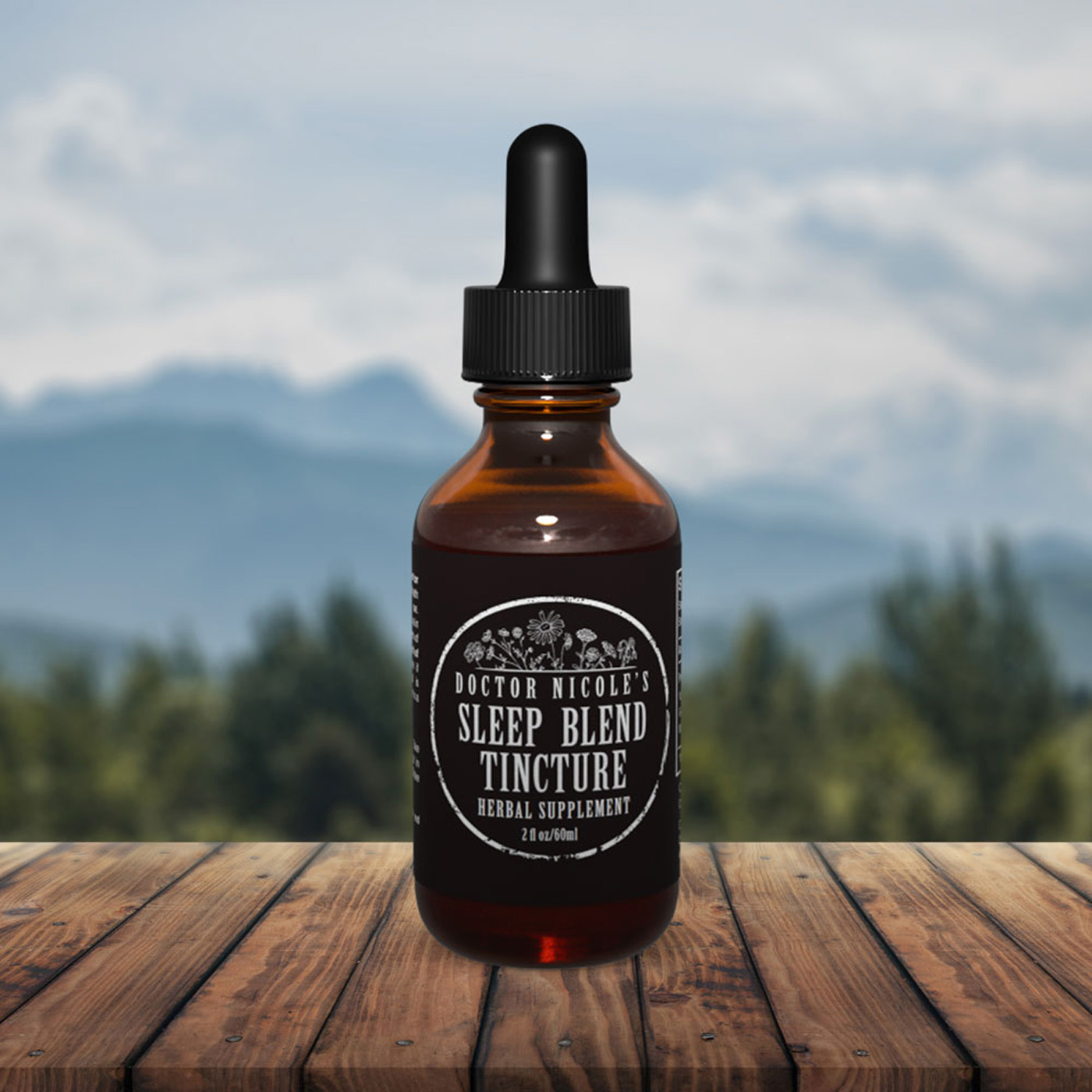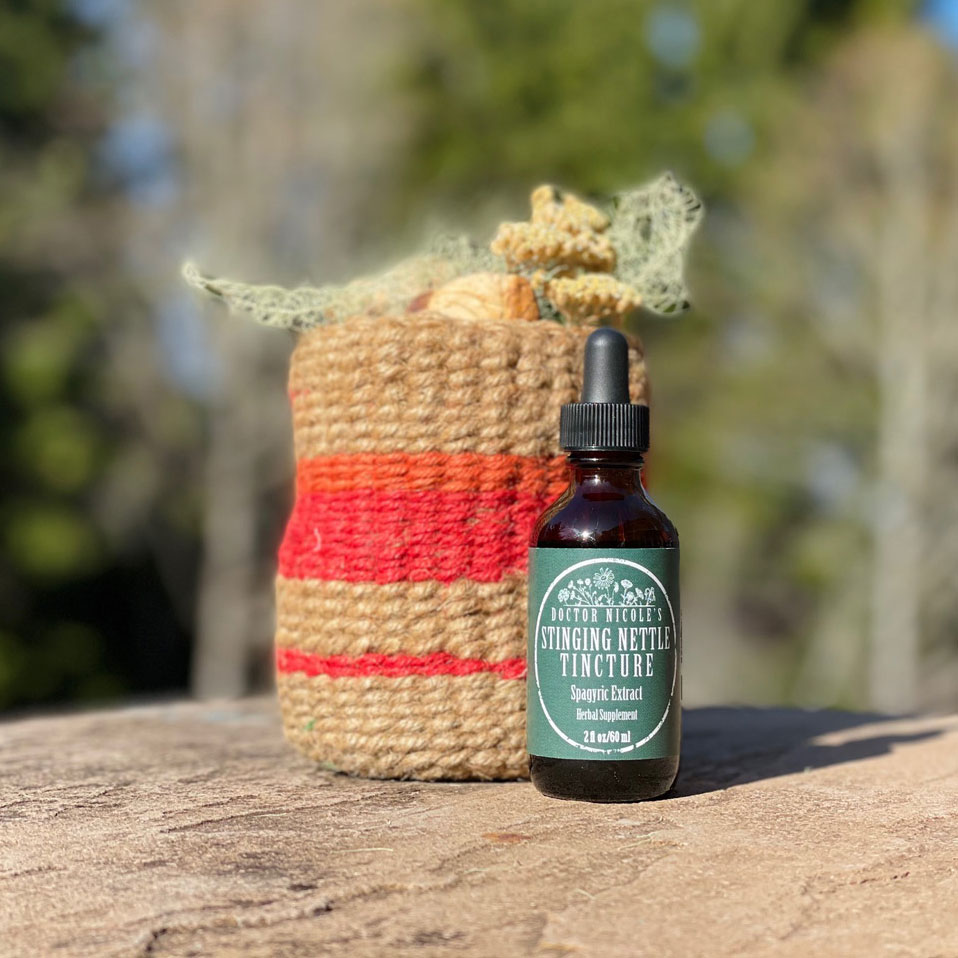Addressing Unusual Hair Loss
Did you know that you lose up to 150 hairs a day? It’s true! But if thinning hair is becoming more pronounced, it can indicate an underlying issue. This includes bald or scaly patches, thinning on the top of the head and receding hairline, or excessive hair falling out in specific areas. The causes are varied and can involve heightened levels of stress, toxicity, hormonal shifts, genetics, and even autoimmune disorders.
If you find that you are losing your hair at a rapid rate, try not to worry. By adopting certain lifestyle habits, utilizing herbal remedies, and fortifying your diet, you can significantly reduce hair loss and encourage healthy growth. We will explore how to do just that below.
Underlying Conditions and Causes
Hair loss can be triggered by a range of internal and external factors. These include chronic stress; hormonal changes associated with polycystic ovary syndrome (PCOS), menopause, pregnancy, and thyroid issues; excessive dihydrotestosterone (DHT) in men; autoimmune conditions such as alopecia areata and Crohn’s disease; and poor diet. Here are several natural remedies that can help you to reverse excessive hair loss:
Male Hair Loss Linked to DHT
Taking a saw palmetto supplement has been shown to reduce DHT by 32 percent.1 Use 160-320 mg/day or two dropperfuls of saw palmetto extract 2x/day. Along with taking the herb internally, you can also infuse saw palmetto berries in jojoba or coconut oil and massage it into the scalp. Next is pumpkin seed oil.
One study found that when men took 400 mg of pumpkin seed oil over the course of 24 weeks, they experienced an impressive 40 percent increase in hair growth — without any side effects.2 Additionally, the herb pygeum can also block DHT and treat thinning and brittle hair. It is anti-inflammatory and antioxidant as well. It tends to work best when combined with saw palmetto. Take two dropperfuls of the tincture twice daily.
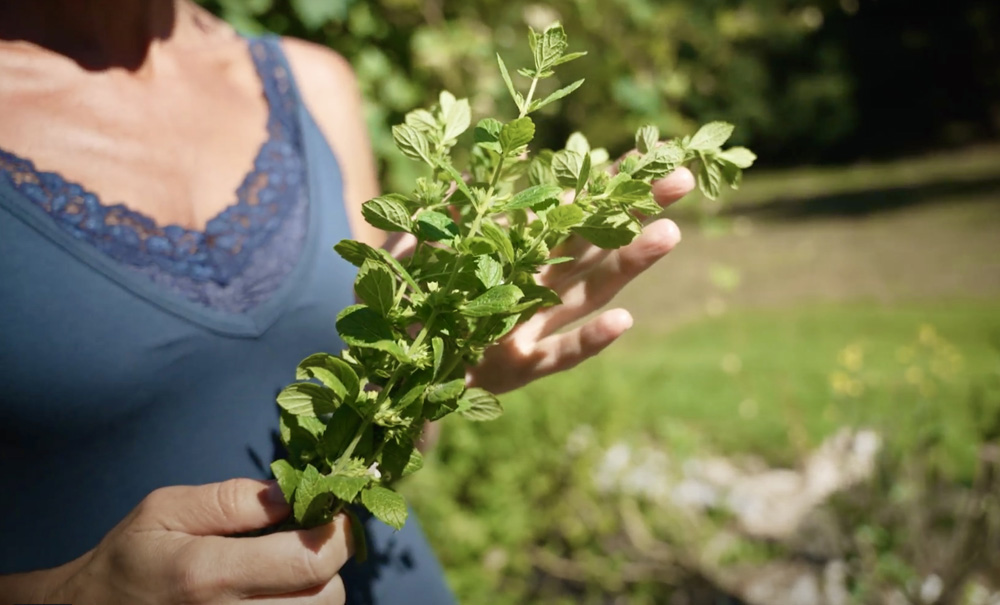
Hormone-Related Female Hair Loss
If you have an overactive thyroid that is contributing to hair loss, lemon balm is helpful for reducing excessive secretion of thyroid hormone. It also is outstanding for soothing stress and anxiety. Take two dropperfuls of lemon balm tincture two to three times a day.
Another exceptional herb for balancing the thyroid, stinging nettle works for both an underactive and overactive thyroid as it is a powerful anti-histamine and anti-inflammatory. Moreover, it helps to reverse iodine deficiency in those with an underactive thyroid to support optimal function. Drink 2-3 cups of nettle tea or take 2 dropperfuls of stinging nettle tincture per day.
Cordyceps mushroom is outstanding for thyroid health and improving adrenal function. What’s more, it is a potent adaptogen, helping you to navigate stress in a healthy way. Additionally, it is rich in the mineral selenium, furthering its thyroid-supporting benefits. Use two dropperfuls of dual-extracted cordyceps tincture per day.
Exceptional for addressing menopausal hormonal imbalance, black cohosh naturally reduces symptoms — including hair loss.5 Use 40-80 mg daily or one to two dropperfuls of black cohosh tincture up to three times a day.
As an adaptogen, Vitex (Chasteberry) is also helpful for balancing the hormones. It’s highly effective for those with endometriosis, PCOS, uterine fibroids, and more.4 Take two dropperfuls of vitex tincture 2x/day.
Useful for both men and women, evening primrose seed oil helps tackle the hormonal causes of male pattern baldness and androgenic alopecia in women. It balances hormones and helps prevent further hair loss.3 Use both internally and externally for best results. Take one to three grams of evening primrose oil daily. For topical application, massage a blend of evening primrose oil and rosemary essential oil into the scalp. Rosemary essential oil was found to be as effective as the conventional treatment minoxidil (Rogaine) in preventing hair loss.6
Stress and Viral Infections
Chronic or acute emotional, mental, and physical stress can be an underlying cause of hair loss. This includes the stress viral infections place on the body. A case in point: the University of Utah found those infected with the virus that causes severe respiratory syndrome often experience clumps of hair falling out during daily combing or hair washing.7
Under normal circumstances, approximately 90 percent of the hairs on our scalp are in the growth phase, which is called anlagen. The remaining 10 percent are in the resting phase, known as telogen. It is at the end of this latter stage when hairs are shed from the follicles and are gradually replaced by new hairs. It’s an ongoing cycle.
But when we experience a stressful event — such as a severe viral infection or trauma — this cycle becomes disrupted. The result is significant hair loss.
“Instead of the usual 10 percent of hairs that are in the resting and shedding phase, up to 50 percent of hairs are resting and shedding, which is much more than normal,” says Powell Perng, MD, a dermatologist and specialist in hair loss (alopecia) at University of Utah Health.7
The good news is, once the stressful event is over, hair loss typically slows to normal levels and hair growth resumes.
Lifestyle, Herbs, and Diet
To maintain healthy hair and minimize shedding, lifestyle habits, herbal remedies, and diet are exceptionally important.
As we have seen, stress, anxiety, and trauma all contribute to hair loss, so it’s important to adopt habits that calm the stress response and boost endorphins. Deep breathing, exercise, gratitude, spending time in nature, laughter, and hobbies that bring joy are terrific practices to this end. Additionally, my Anxiety & Stress Blend offers another layer of support when you need day-to-day relief or if you are facing a particularly stressful season in your life.
Don’t forget about reishi, cordyceps, and turkey tail medicinal mushrooms, along with lemon balm and stinging nettle. These botanicals cool inflammation, relieve adrenal fatigue, balance the thyroid, calm the nervous system, boost energy, buffer stress, and provide protection against viral infections via improved immune response.
If you want to lower your stress levels, getting enough quality sleep is crucial. A lack of sleep can take a serious toll on your mind, body, and spirit. Not to mention it has a significant impact on your health. See my post, “Sleep Easy with These Top Herbal Remedies” for tips on how to promote deep, rejuvenating sleep. I’ve also created a powerfully effective botanical formulation that can help you get the sound slumber you deserve. Learn more at the apothecary.
For a hair-healthy diet, choose one that is antioxidant rich and anti-inflammatory, such as a whole-food Mediterranean diet. Supplements that support hair health include vitamin B6, folate, biotin, collagen, zinc, and fish oil. You may want to consider taking a multivitamin that also contains vitamins D, A, C, and E.
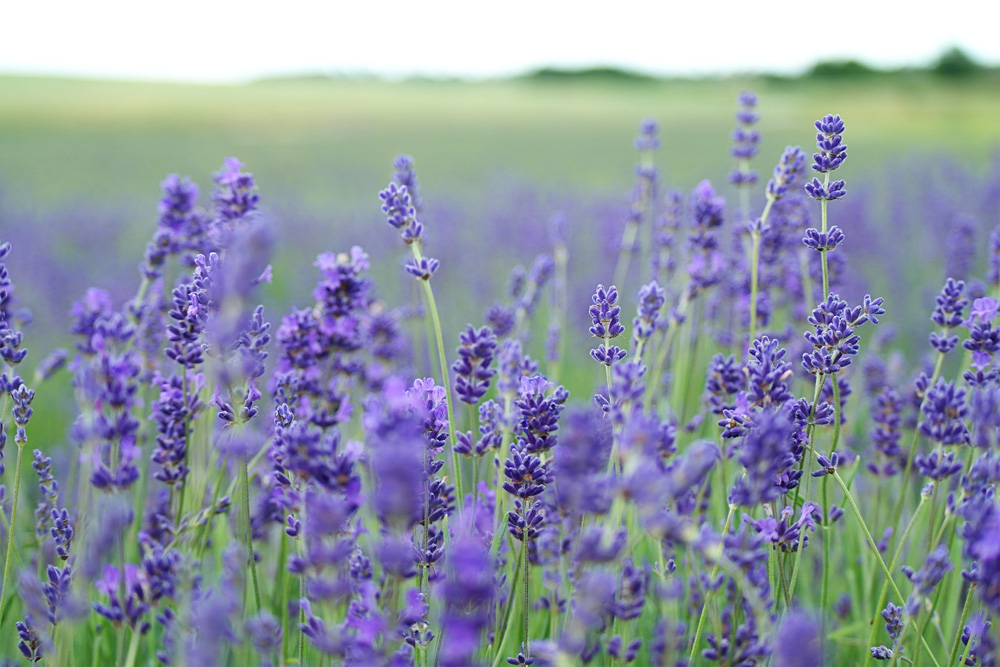
Giving Up Bad Habits
Lastly, eliminating bad habits is a must if you would like to improve the health of your hair and stop excessive shedding. This includes avoiding heat appliances such as hair dryers, curling irons, hot curlers, and straightening irons as they damage hair and make it brittle, where it is more likely to break and fall out. The same for using really hot water to wash your hair. Speaking of washing your hair, try to limit it to only a few times a week. Daily washing causes stress to your hair, furthering shedding. If you find your hair becomes too oily, try a dry shampoo instead. You also want to make sure you are using natural haircare products and treatments to avoid any chemicals that may be damaging your hair, scalp, or health. Here’s a natural shampoo recipe to get you started:
DIY Fortifying Shampoo
What you need: Four cups of distilled water, four tablespoons of dried and chopped soapwort (all parts of the plant-double this if you are using fresh plant material), two to three teaspoons each of lavender, rosemary, stinging nettle, calendula, horsetail, and any other nourishing herb you wish to add.
Directions: Bring water to a boil on the stove. Add the soapwort and simmer for 20 minutes. Add the additional herbs and simmer for another 5-10 minutes. Remove from heat and cool before straining. Bottle your shampoo and store in a cool, dark place (the refrigerator is best between uses). It should keep in the refrigerator for up to 10 days. When showering, shake the bottle to help the saponins begin frothing and apply a liberal amount to the hair and body. Leave on your hair as long as you want to get the most out of all the beneficial nutrients in the shampoo. Rinse.
Addressing Hair Loss, Naturally
While there are prescription drugs that help to counteract excessive shedding, they come with a host of side effects, including: reduced sex drive and sexual function, scalp irritation, unwanted hair growth on other areas of the body, and an increased risk of prostate cancer.
The natural approaches we have discussed in this post are a safe alternative. To learn more about how herbal medicines can effectively treat hair loss issues, see “My Top Remedies for Alopecia Areata, Hair Loss & Slow Growth“.
My apothecary is also a tremendous resource of science-backed information on medicinal mushrooms and formulations to lower stress, promote deep sleep, and more. Visit today and discover how herbal remedies can change your life (and hair) for the better!
Nicole Apelian
Nicole’s Apothecary Products in this Post
References
- Marks, L. S., Hess, D. L., Dorey, F. J., Luz Macairan, M., Cruz Santos, P. B., & Tyler, V. E. (2001). Tissue effects of saw palmetto and finasteride: use of biopsy cores for in situ quantification of prostatic androgens. Urology, 57(5), 999–1005. https://doi.org/10.1016/s0090-4295(00)01052-9
- Cho, Y. H., Lee, S. Y., Jeong, D. W., Choi, E. J., Kim, Y. J., Lee, J. G., Yi, Y. H., & Cha, H. S. (2014). Effect of pumpkin seed oil on hair growth in men with androgenetic alopecia: a randomized, double-blind, placebo-controlled trial. Evidence-based complementary and alternative medicine : eCAM, 2014, 549721. https://doi.org/10.1155/2014/549721
- Atteia, H. H., Alzahrani, S., El-Sherbeeny, N. A., Youssef, A. M., Farag, N. E., Mehanna, E. T., Elhawary, R., Ibrahim, G. A., Elmistekawy, A., & Zaitone, S. A. (2020). Evening Primrose Oil Ameliorates Hyperleptinemia and Reproductive Hormone Disturbances in Obese Female Rats: Impact on Estrus Cyclicity. Frontiers in endocrinology, 10, 942. https://doi.org/10.3389/fendo.2019.00942
- van Die, M. D., Burger, H. G., Teede, H. J., & Bone, K. M. (2013). Vitex agnus-castus extracts for female reproductive disorders: a systematic review of clinical trials. Planta medica, 79(7), 562–575. https://doi.org/10.1055/s-0032-1327831
- Palacio, C., Masri, G., & Mooradian, A. D. (2009). Black cohosh for the management of menopausal symptoms : a systematic review of clinical trials. Drugs & aging, 26(1), 23–36. https://doi.org/10.2165/0002512-200926010-00002
- Panahi, Y., Taghizadeh, M., Marzony, E. T., & Sahebkar, A. (2015). Rosemary oil vs minoxidil 2% for the treatment of androgenetic alopecia: a randomized comparative trial. Skinmed, 13(1), 15–21.
- “Losing Your Hair After Covid-19? There is Good News”, University of Utah Health Communications, March 15, 2022. https://healthcare.utah.edu/healthfeed/postings/2022/03/hair-loss-covid19.php

